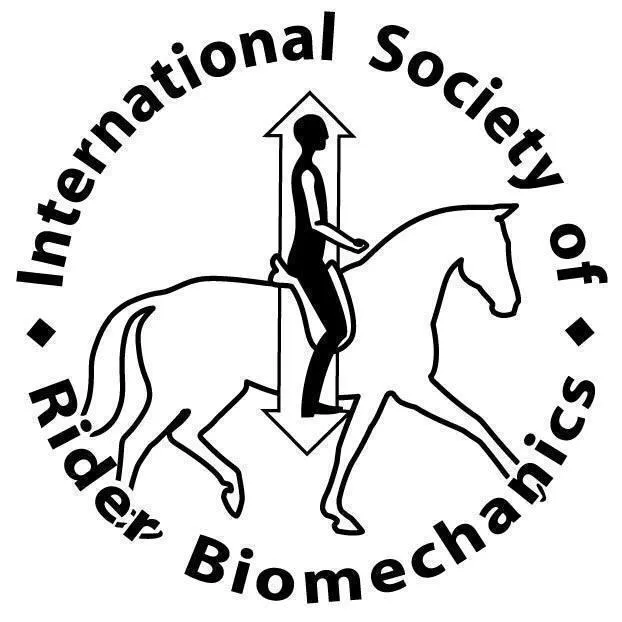Code of Ethics
As a certified instructor with the International Society of Rider Biomechanics, I commit to upholding the highest standards of professionalism, integrity, and rider welfare. I agree to abide by the following ethical principles:
Rider and Horse Welfare
- Prioritize the safety, well-being, and dignity of both horse and rider at all times.
- Avoid methods that cause harm, distress, or fear to horses or students.
- Promote kind, ethical, and biomechanically sound training practices.
Professional Conduct
- Maintain honesty, respect, and fairness in all interactions with students, peers, and the broader equestrian community.
- Create a positive, inclusive, and non-discriminatory learning environment.
- Maintain appropriate professional boundaries with students.
Commitment to Competence
- Deliver instruction based on sound biomechanical principles and ISRB-certified techniques.
- Only teach within the scope of your certified level and current qualifications.
- Pursue ongoing education and skill development to remain current and effective
Integrity in Certification
- Represent your certification status with honesty and accuracy.
- Do not mislead clients about your level of qualification or expertise.
- Refrain from teaching ISRB-branded content unless appropriately certified to do so.
Confidentiality and Respect- Respect the privacy and confidentiality of students and colleagues.
- Never share student information without consent, except where safety is at risk.
Accountability- Take responsibility for your actions and decisions as an instructor.
- Cooperate fully with ISRB reviews or investigations related to conduct or teaching practice.
- Report unethical behavior or safety concerns to the Society when appropriate.
Commitment to Safety- Prioritize the physical and emotional safety of both rider and horse at all times.
- Maintain a safe, clean, and appropriate learning environment.
- Ensure that equipment, tack, and horses are suitable for each rider’s level and are checked regularly.
- Respond promptly and effectively to any hazards or incidents, and maintain current first aid certification where applicable.
- Encourage safe riding practices and educate students on risk awareness and prevention.
- Ensure that every student wears a certified riding helmet
Violation of this Code may result in review, suspension, or revocation of certification by the International Society of Rider Biomechanics.

Backed by Science
All of our techniques & training are backed
by scientific evidence & can be tested.

Integrity
All of our coaches adhere to a Code of Ethics.

Excellence
Our coaches have been rigorously examined & also participate in continuing education.

FOLLOW US
COMPANY
CUSTOMER CARE
LEGAL
Copyright 2025. International Society of Rider Biomechanics. All Rights Reserved.